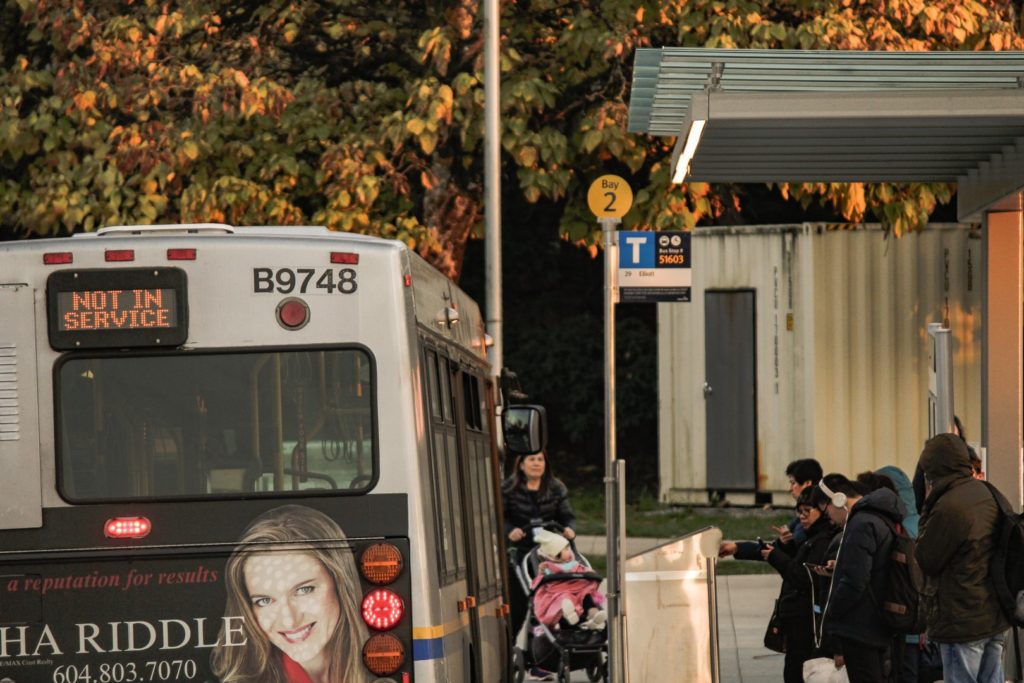
Big halt in life in the metro
By Tania Arora, Staff Writer
On October 28, workers at Coast Mountain Bus Company gave a 72-hour strike notice. With no agreement made, transit workers commenced their strike starting November 1. The company provides bus services throughout major areas of Metro Vancouver and operates the SeaBus.
The union gave the company 72 hours to come up with an agreement by November 1 at 8 am or else the transit workers would strike. The first phase of the strike would see operators abandoning the uniforms and maintenance workers declining overtime.
The main reasons behind the strike are working conditions for transit operators, wages, and benefits. Due to over-crowded buses, tight schedules, and traffic, it is claimed that it is hard for drivers to take breaks, eat, or regroup. The union is also fighting for competitive pay.
The previous TransLink strike in 2001 lasted for four months. In 2016, the blue bus operators of West Vancouver Blue Bus workers refused to work for one day.
According to reports by Unifor, Canada’s largest private sector union, “Our number one goal is a fair contract that ensures our members are working under safe and reasonable conditions, so they can best serve the public,” said Jerry Dias, National President of Unifor.
The overtime ban would lead to fewer buses running on roads and delays in SeaBus. On November 1, TransLink announced that passengers should expect the cancellation of 14 SeaBus sailings and then another 20 the next day due to the strike.
Anushka Basantani, a student at Douglas College, in an interview with the Other Press mentioned, “I completely read and understood the reasons behind the strike, but if [it’s] not dealt with immediately, [it] could lead to a lot of inconvenience for the public. I don’t know how I will commute to school without any bus. It is hard to believe that even in such a progressive country, workers are exploited.”
The buses require regular maintenance and repair. With maintenance workers refusing to work overtime, the pressure of the strike will be immediate.
“The system has normalized overtime, so without it, the turnaround for repairs and other maintenance will build up quickly,” said Mike Smith, President of Unifor Local 2200. “We trust that TransLink will not put unsafe vehicles back on the road, so it is a question of fewer vehicles available in the system.”
Millions of people board buses every month with rider numbers increasing every year. Four contracts are being reviewed in the entire process as the previous one expired on March 31, which covered a chunk of people. If no agreement is made, this strike could possibly bring major halt to the life in the metro. Transit passengers might soon have to for look for alternate ways to commute.

